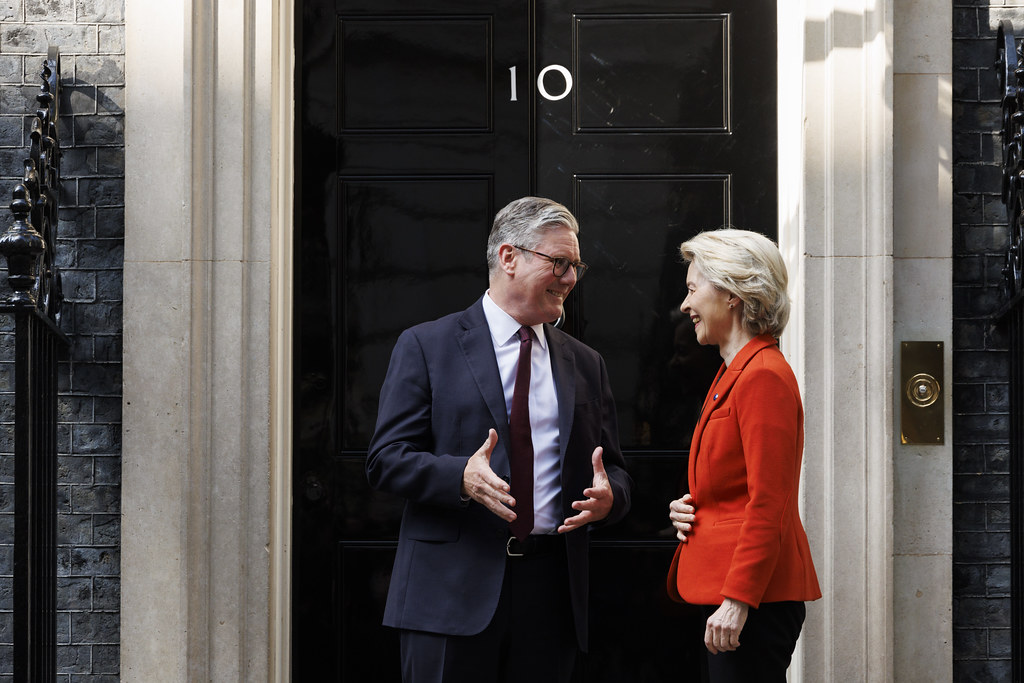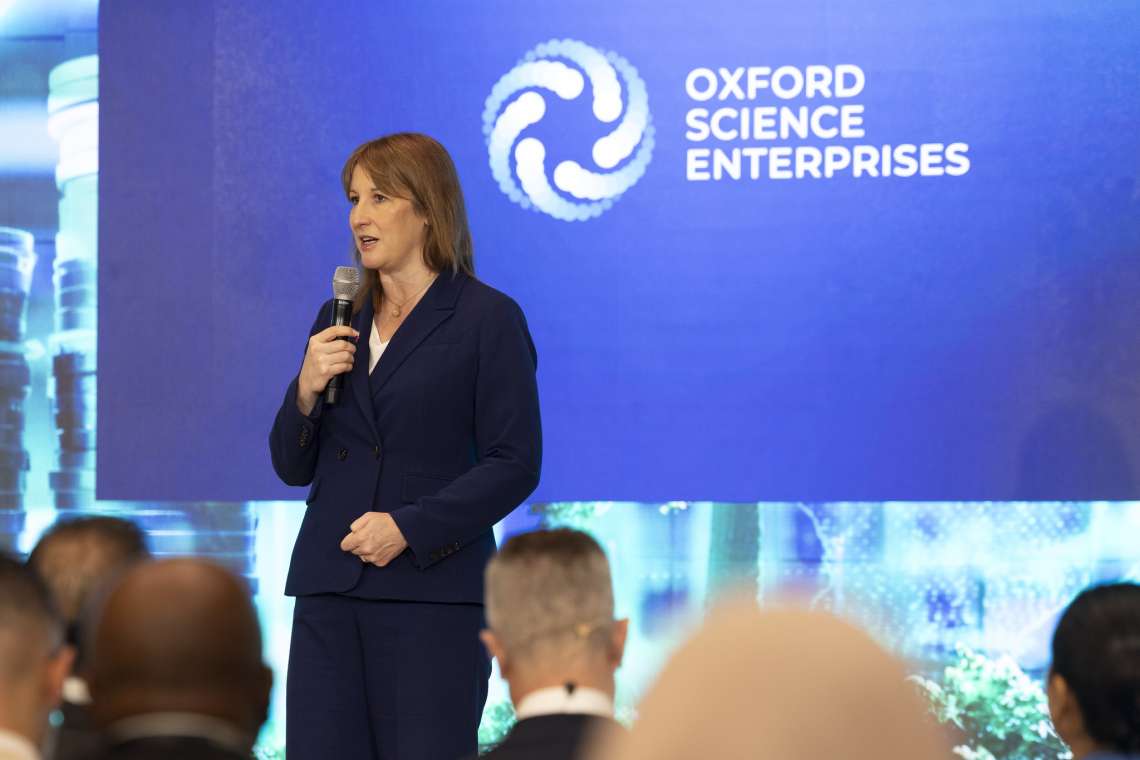Peers wanted an amendment to the drably-titled Data (Use and Access) Bill which would have forced tech companies to declare their use of copyright material when training AI tools
A bill which sparked an extraordinary stand-off between some of the UK’s most high-profile artists – and their backers in the House of Lords – has finally been passed. Peers wanted an amendment to the drably-titled Data (Use and Access) Bill which would have forced tech companies to declare their use of copyright material when training AI tools.
Without it, they argued, tech firms would be given free rein to help themselves to UK content without paying for it, and then train their AI products to mimic it, putting human artists out of work. That would be “committing theft, thievery on a high scale”, Elton John said.
He was one of a number of household names from the UK creative industries, including Sir Paul McCartney and Dua Lipa to oppose the government. The government refused the amendment. It says it is already carrying out a separate consultation around copyright and it wants to wait for the outcome of that.
In addition there are plans for a separate AI bill. Critics of the peers’ proposal say it would stifle the AI industry and result in the UK getting left behind in this lucrative and booming sector.
So, this left the bill in limbo, pingponging between the Houses of Commons and Lords for a month. But it has now finally been passed, without the amendment, and will become law once royal assent is given.
“We can only do so much here. I believe we’ve done it. It’s up to the government and the other place (the Commons) now to listen,” said composer and broadcaster Lord Berkeley. The government has welcomed the wide-ranging bill passing.
“This Bill is about using data to grow the economy and improve people’s lives, from health to infrastructure and we can now get on with the job of doing that”, a Department for Science, Innovation and Technology (DSIT) spokesperson said.
Caught in the crossfire of this row were other useful proposals contained within the bill, including:
- New rules on the rights of bereaved parents to access their children’s data if they die
- Changes to allow NHS trusts to share patient data more easily
- A 3D underground map of the UK’s pipes and cables, aimed at improving the efficiency of roadworks by minimising the possibility of them being accidentally dug up.
“So this is good news for NHS workers and the police who will be freed from over a million hours of time spent doing admin, bereaved parents who will be supported to get the answers they deserve, and people who will be kept safer online thanks to new offences for deepfake abuse,” DSIT said.
But even though the Lords have decided they had made their point on AI, the argument has not gone away. Those who fought the battle have not changed their minds. Baroness Kidron, a film maker who led the charge for the amendment, told me the passing of the bill was “a pyrrhic victory at best” for the government, meaning it would lose more than it gains.
That cost, she argues, is the giving away of UK assets, in the form of creative content, to largely US-based AI developers.
There are many who remain defiant and they believe strongly that the UK’s £124bn creative industry is under threat if the government doesn’t actively engage with their demands
Owen Meredith, chief executive of the News Media Association which supported the Lords said the bill sent a “clear message” to the government “that Parliament, and the UK’s 2.4 million creative workers, will fight tirelessly to ensure our world-renowned copyright law is enforced”.
“We keep being told that AI will change everything, which, I’m afraid, means that we will discuss this during debates on every bill,” said Baroness Dido Harding in the House of Lords, recorded in Hansard. “We will prevail in the end.”














